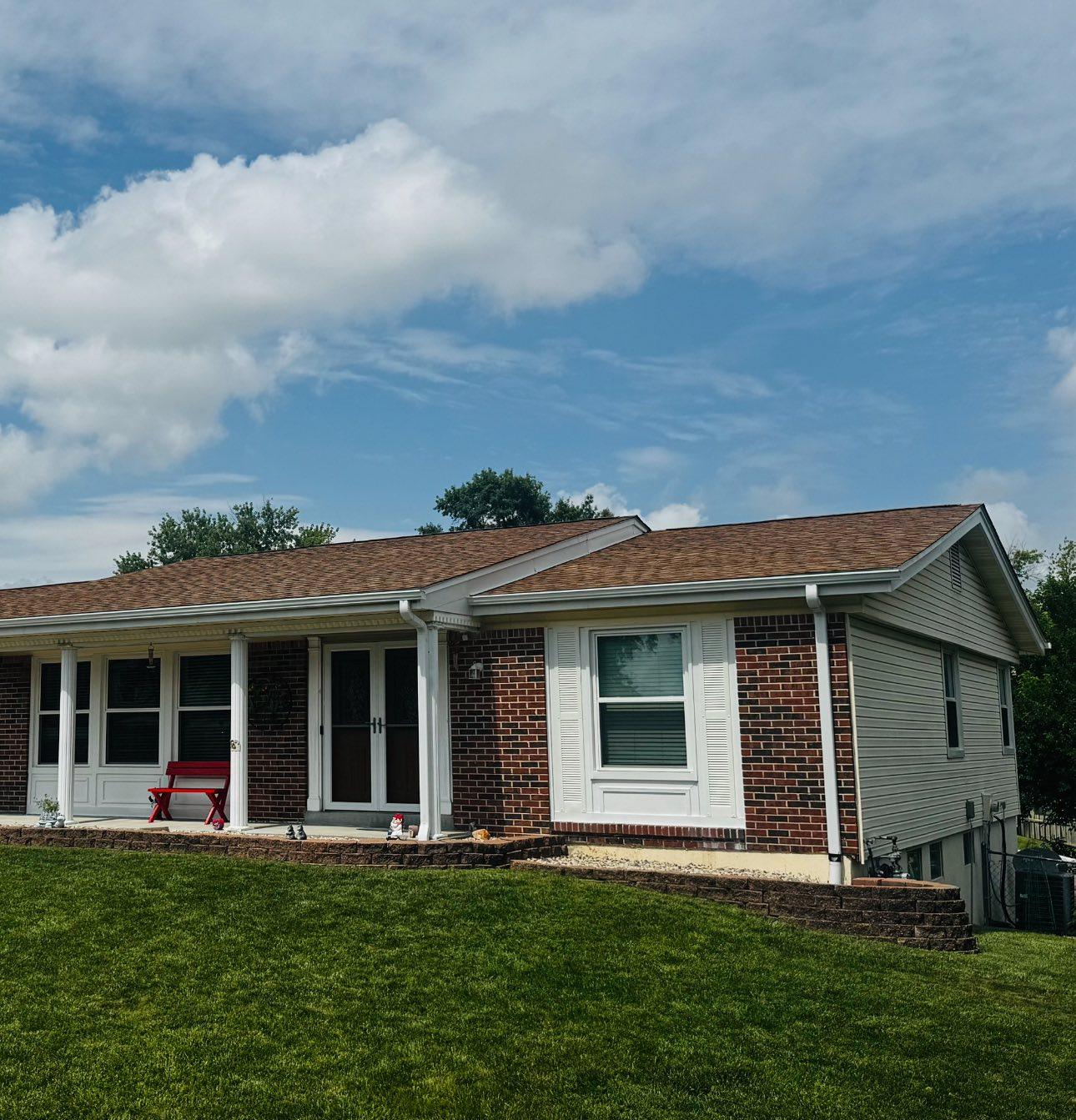
From Flat to Pitched: The Benefits and Challenges of Roof Conversions Jul 21, 2025
The primary reason homeowners consider a roof conversion is the numerous benefits associated with pitched roofs. Aesthetically, a pitched roof can greatly enhance a home's curb appeal, offering a more traditional and visually pleasing architecture. This can be a significant advantage in terms of property value, as many potential buyers find pitched roofs more appealing than flat ones.
Beyond aesthetics, the practical benefits of a pitched roof are profound. One key advantage is improved water drainage. Flat roofs have a tendency to accumulate water, which can lead to leaks and damage over time. In contrast, pitched roofs naturally allow water to run off, minimizing the risk of water-related issues. This feature is particularly valuable in locations with heavy rainfall or snow, reducing the maintenance workload for homeowners.
Another significant advantage is the potential for additional space. Converting to a pitched roof can provide an opportunity to create an attic or loft. This newfound space can be used for storage or even converted into a functional area, like an extra bedroom or home office, adding both utility and value to the property.
Energy efficiency is another compelling reason to consider a pitched roof. A pitched roof allows for better insulation opportunities, which can significantly reduce heating and cooling costs. Proper insulation can help maintain consistent internal temperatures, making homes more comfortable and energy-efficient year-round.
However, converting a flat roof to a pitched roof is not without its challenges. One of the most significant hurdles is cost. Roof conversions can be expensive and require a substantial investment. The process involves structural changes to the building, including reinforcement to support the additional weight, which can be costly. Therefore, it's crucial for homeowners to budget wisely and consider long-term savings against initial expenditure.
There is also the consideration of time and disruption. Roof conversions are substantial projects that require time for design, planning, and execution. Homeowners need to be prepared for construction-related disturbances and consider any local regulations or permit requirements, which may affect the timeline.
Moreover, the existing structure's suitability for conversion is another essential factor. Not all homes are designed to accommodate the shift from a flat to a pitched roof. An inspection by a professional roofing service, such as Lookup Roofing LLC, can help determine whether your home is a good candidate for conversion.
In conclusion, converting a flat roof to a pitched roof can offer numerous benefits, from improving your home's appearance to enhancing energy efficiency. However, this undertaking is not without its challenges, notably the costs and structural considerations. For homeowners deliberating this change, consulting with professional roofing experts can provide invaluable insights and guidance. Companies like Lookup Roofing LLC offer the expertise needed to navigate these transformations efficiently and effectively, ensuring a successful outcome that adds lasting value to your home.
/filters:no_upscale()/media/7ed5585f-b22a-46dc-bb68-b74caedda02b.jpeg)
/filters:no_upscale()/filters:format(webp)/media/dea847e3-b5e4-4962-bfb6-218b2f1bd8d2.jpeg)